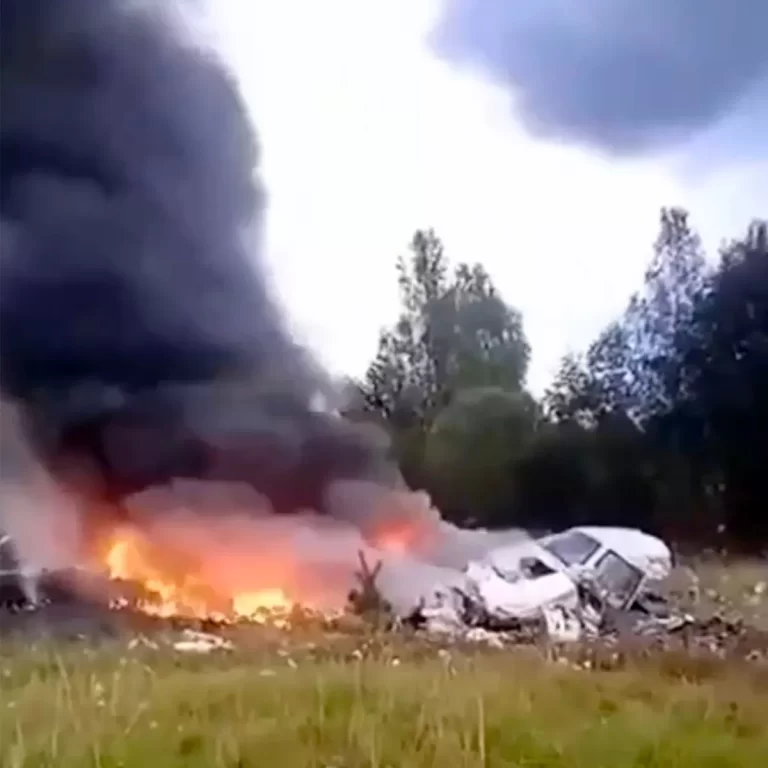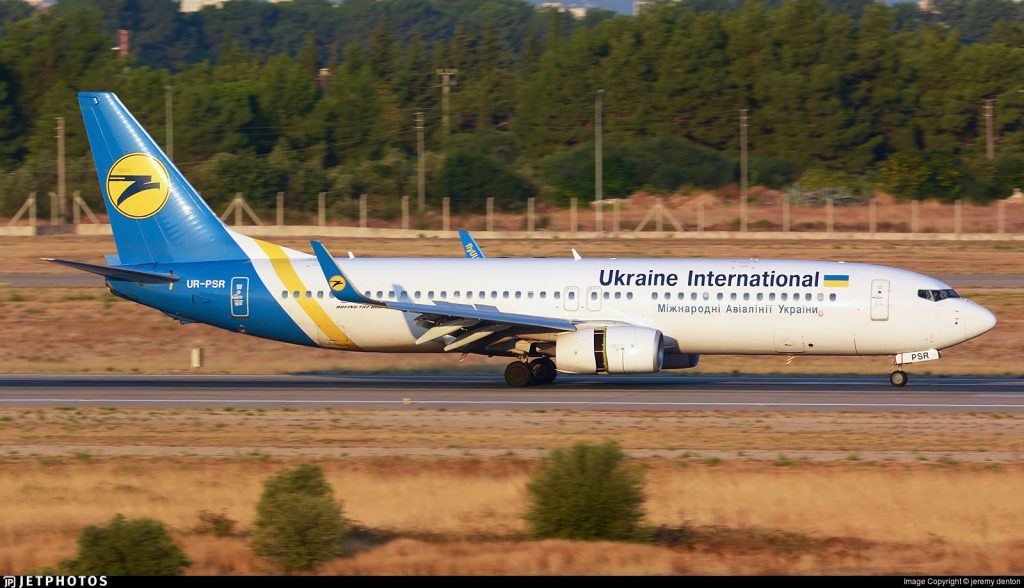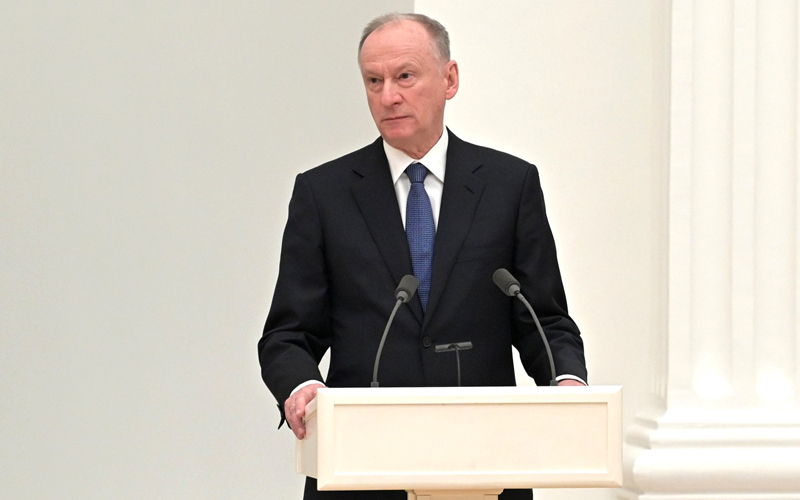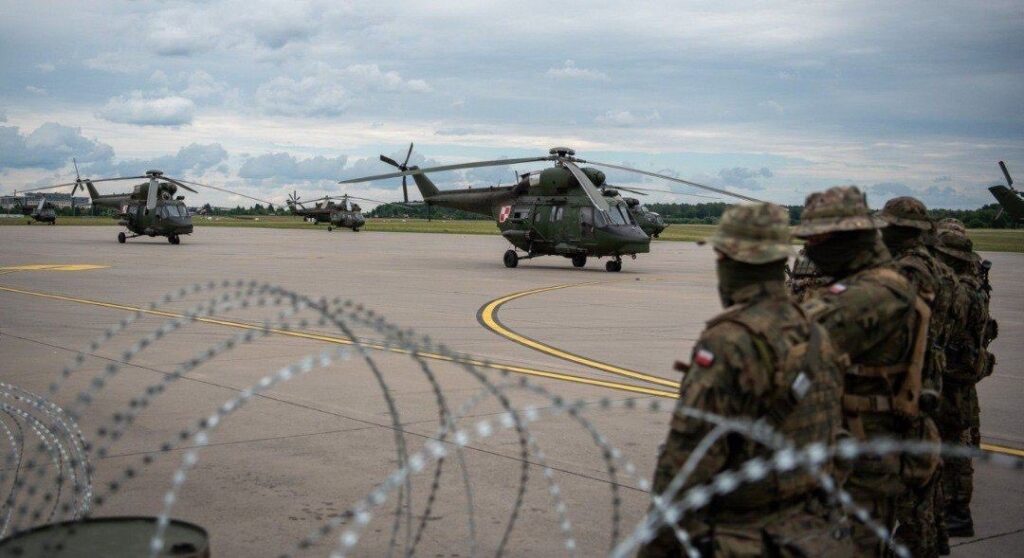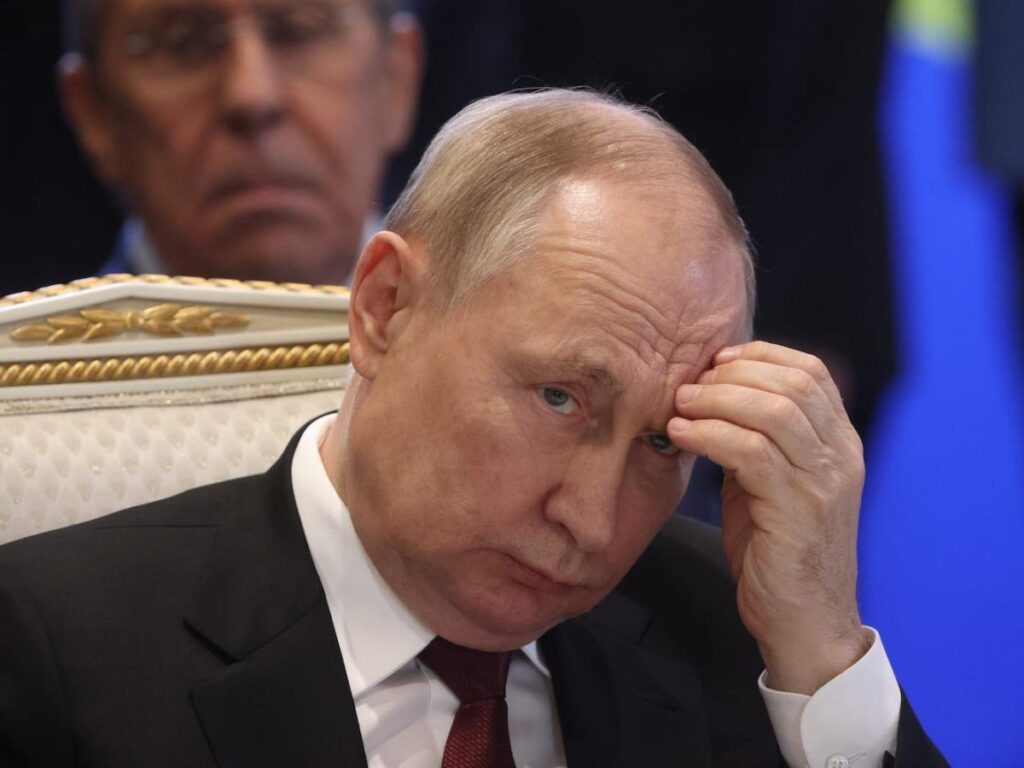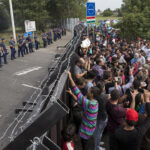The likely liquidation of Wagner Group leader Yevgeny Prigozhin will likely lead to tectonic shifts in Russia’s political system.
On August 23, a business jet belonging to Mr Prigozhin was shot down in Russia’s airspace. All 10 people on board were killed, including Dmitry Utkin, who had been directly responsible for Wagner’s military planning.
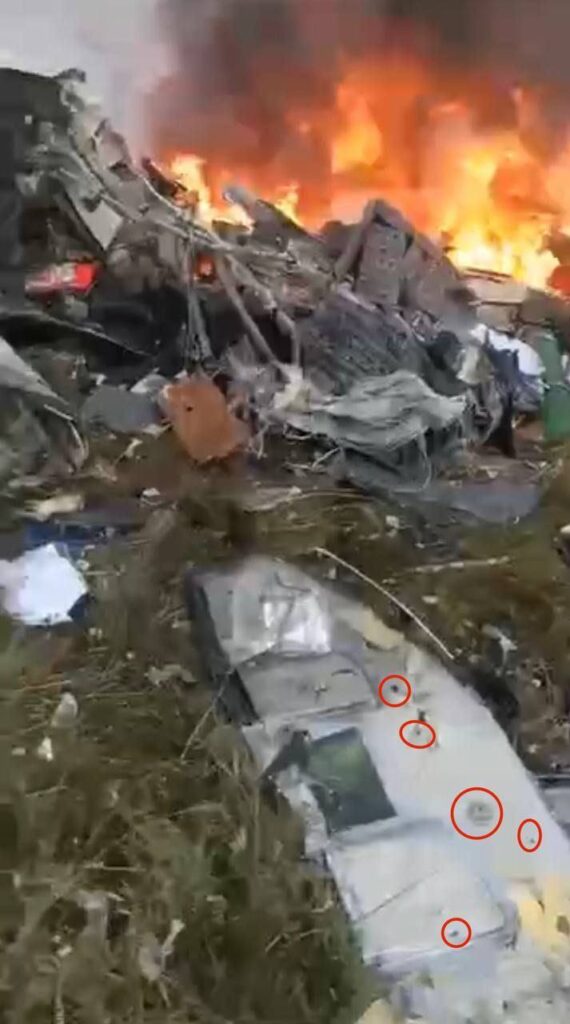
Until Prigozhin’s body is formally identified, we find it reasonable to refrain from alleging his death and acknowledge the fact of the deliberate destruction of the Embraer aircraft. We also see as untenable the version of a terrorist attack on board the jet. The available images from the crash site show characteristic damage to the fuselage that was in place when a Ukrainian passenger jet was shot down shortly after takeoff from Tehran in January 2020. In both cases, there were signs of shrapnel damage.
Thus, taking into account that there are no non-government forces operating the area where the incident occurred, it can be assumed that the aircraft was shot down by the Russia’s air defense system. The flight was coordinated with the Federal Air Transport Agency, Rosaviatsiya, and at the time of the incident, no areal threats were detected anywhere near, including drones. This gives grounds to assert that the plane was destroyed on Kremlin’s order.
However, we doubt that the order to engage came from either President Vladimir Putin or Defense Minister Sergei Shoigu, despite both having motives for eliminating the Wagner leader. After the munity attempt, RLI analysts said it was highly likely that Mr Prigozhin, whose actions signaled the possibility of an armed uprising against top authorities, would be eventually assassinated.
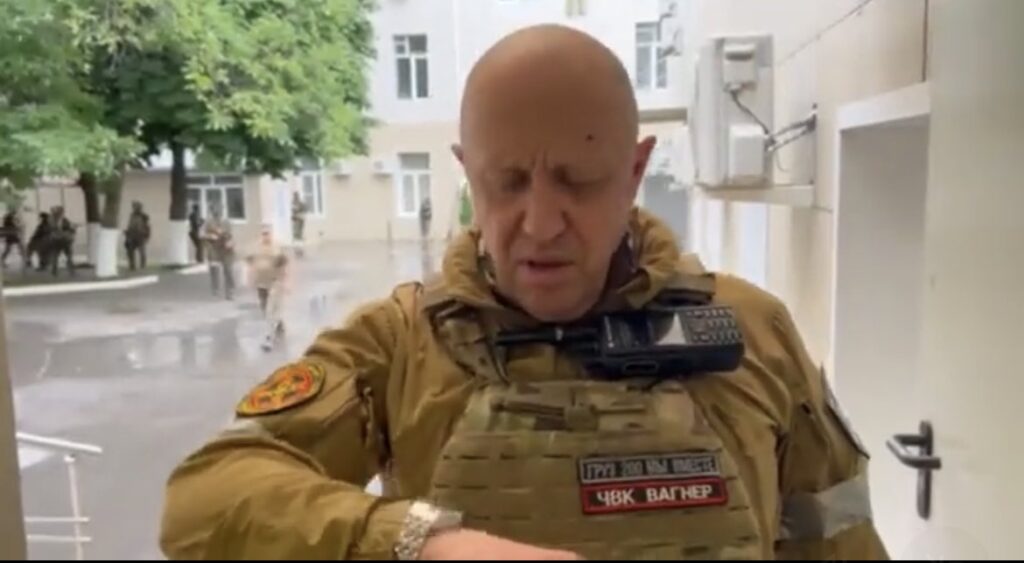
Read also: Mutiny in Russia: roots and risks
However, after Putin gave Prigozhin his security guarantees and the FSB shut down a criminal inquiry into an insurrection stunt, the risks to Prigozhin’s life decreased. According to our estimates, it is unlikely that Putin told anyone to take down the jet carrying the defiant Wagner leader, since by doing so would compromise his own guarantees. This would deal as much a blow to the country’s leader as mutiny itself. According to polls run in Russia by a number of pro-government media outlets, over 48% of the population reacted negatively to the news about Prigozhin’s purported death. If the version of his liquidation finds solid confirmation, the Kremlin will lose the support of the most radical part of “Russian patriots”.
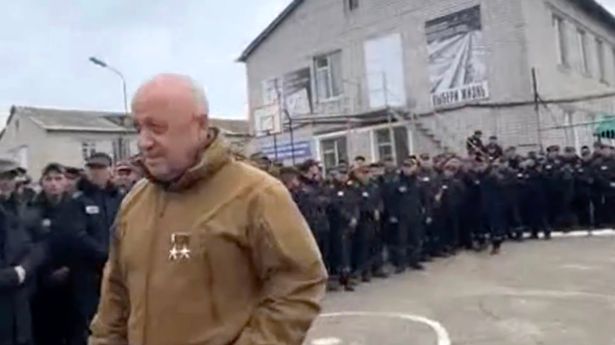
Read also: Russia on track to becoming military junta
It is also unlikely that it was Defense Minister Sergei Shoigu who stood behind the downing. Given his personal motive, the effort would be all too obvious, since Prigozhin’s “march toward Moscow” took place against the backdrop of his constant criticism of Russia’s top military leadership, including defense minister and chief of the General Staff.
A hypothesis could be put forward that in this way, Shoigu would eliminate the only actor in today’s Russia who could actually put up resistance to the regular army, and thus try to regain lost positions in Putin’s entourage. However, the takeover of Wagner Group by army commanders will not add might to the regular forces. Mr Prigozhin enjoyed immense authority among his fighters that in no way can be won by army commanders. The takeover will also fail to smooth out the old conflict stemming back to the destruction of Wagner forces after their location was exposed to U.S. Air Force in Syria amid a shortage of munitions on Ukraine battlefields.
However, even by eliminating his fierce critic, Shoigu would not be able to fully regain his position in the circle of Putin’s closest allies without actually delivering on the front line in Ukraine.
Thus, we believe that the plane incident was set up by the Head of Russia’s Security Council, Nikolai Patrushev, who had strengthened his positions following Wagner’s mutiny stunt late June.
Prigozhin’s death is in Patrushev’s far-reaching interests in the context of the upcoming elections in 2024. As a result, Patrushev withdrew from the election race – and from the media space – two of the most prominent actors: Yevgeny Prigozhin and Igor Girkin aka Strelkov (a former FSB operative and war veteran who is currently in custody remand pending an inquiry on extremism charges), as well as practically decapitated the Wagner Group.
It is unlikely that Patrushev is acting in Putin’s interests. Most likely, he is preparing to run somebody for elections as a valid alternative to Putin, perhaps with certain knowledge of the president’s health condition and prospects. If the theory is correct, then no decision will be made in the Kremlin on general mobilization any time soon. A total draft call-up would be favorable for Sergei Shoigu and other senior military leaders. However, from a political perspective, it would affect popular ratings of both Vladimir Putin and other candidates who could run for the top office in 2024.
Patrushev could execute the assassination plan through military counterintelligence operatives who run an extensive human asset network within the armed forces, including air defense units. Planning could involve assets in the Federal Air Transport Agency with access to flight manifests, routes, and estimated take-off and landing time.
We are convinced that the Kremlin will continue to physically eliminate other Wagner leaders, including commanders who have been relocated to Belarus. Quite indicative to this end is the shutting down of Wagner camps in that country, an intention by units to cross out of Belarus and into Russia, and the efforts by Belarusian KGB, acting on Russia’s FSB orders, to hamper any such attempts. This indirectly leads to an assertion that Mr Prigozhin has actually died in the plane crash..
Meanwhile, uncertainty looms over Wagner’s units deployed in Africa. However, we believe they will be put under the operational control of the Russian army’s special operations forces while Wagner commanders on the ground will be stripped of direct access to the political leadership of their host countries. The general situation around Prigozhin’s assassination indicates that Russian elites are facing tectonic shifts. The Kremlin will proceed with eliminating any source of criticism and also try to take control of the business elite by keeping them away from President Putin. The process is likely to repeat the persecution of “public enemies” in Russia back in the 1930s. The situation of human rights and freedoms in Russia is likely to sharply worsen.


